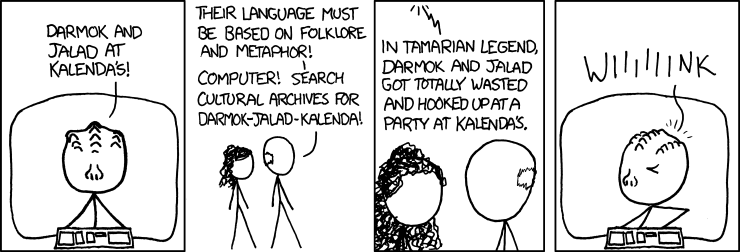Tonight's event was the North Bucks Road Club 10 mile championship, and was held on the Stoke Hammond bypass course. This made awkward factors such as cattle on the course rather less likely, but does bring higher traffic levels. I expected that starting the event at 7.15pm (rather than 7.00pm) would mean lower traffic levels, but in fact as I lined up at the start, I found there was quite a bit of traffic. One or two riders (including me) got slightly stalled at the first roundabout as a consequence but really, once started, I didn't feel there was a problem.As has been the case with just about all the events I've ridden this year, we had windy conditions, making things tough most of the way round (with the exception of the return leg of the dual carriageway section - though actually that wasn't particularly brilliant). I had expected the wind direction to make it easier for the return from the dual carriageway section, but that wasn't to be the case as it turned out, and it was the usual grovel alonf rough road surfaces.As I grovelled along the last half mile or so, I could see the timekeeper, but I started experiencing the strange time triallist's 'time collapse', where all of a sudden, the timer on the bike computer seemed to be running too fast! I was giving it everything to try and get under 23 minutes......and as it turned out, I managed 22:59. This was good enough for 2nd place equal. Not a bad evening, all in all, and perhaps an indicator of returning form (which I felt was masked by the interruption by cattle during last week's event).My next event may be the Finsbury Park '50' on the F1/25 - I'm supposed to be off on a bike tour for a couple of weeks. I say 'supposed' because the weather forecast for our chosen destination seems particularly diabolical.
| Pos | Name | Club | Time | Age |
| 1 | TONY PARKS | NBRC | 22.38 | 40 |
| 2= | GEOFF PERRY | TEAM MK | 22.59 | 51 |
| 2= | ROB SAUNDERS | NBRC | 22.59 | 51 |
| 4 | DAVE GLOSSY | T. CORLEY | 23.03 | 38 |
| 5 | GEOFF BUNYAN | NBRC | 23.12 | 50 |
| 6 | LINDZ BARRAL | I TEAM CC | 23.25 | 34 |
| 7 | KEVIN STOKES | TEAM MK | 24.06 | 48 |
| 8 | JOHN BUCHANAN | TEAM MK | 24.21 | 41 |
| 9 | IAN STOKES | NBRC | 25.14 | 51 |
| 10 | BRIAN PRIMETT | TEAM MK | 25.18 | 44 |
| 11 | YVONNE GURNEY | BAINES/NBRC | 25.40 | 38 |
| 12 | ALAN LAWSON | NBRC | 27.30 | 42 |
| 13 | KATHERINE DILKS | TEAM MK | 27.58 | 41 |
| 14 | TONY BRUNTON | NBRC | 28.13 | 46 |
| 15 | SIMON KNATCHBULL | TEAM MK | 29.09 | 43 |






